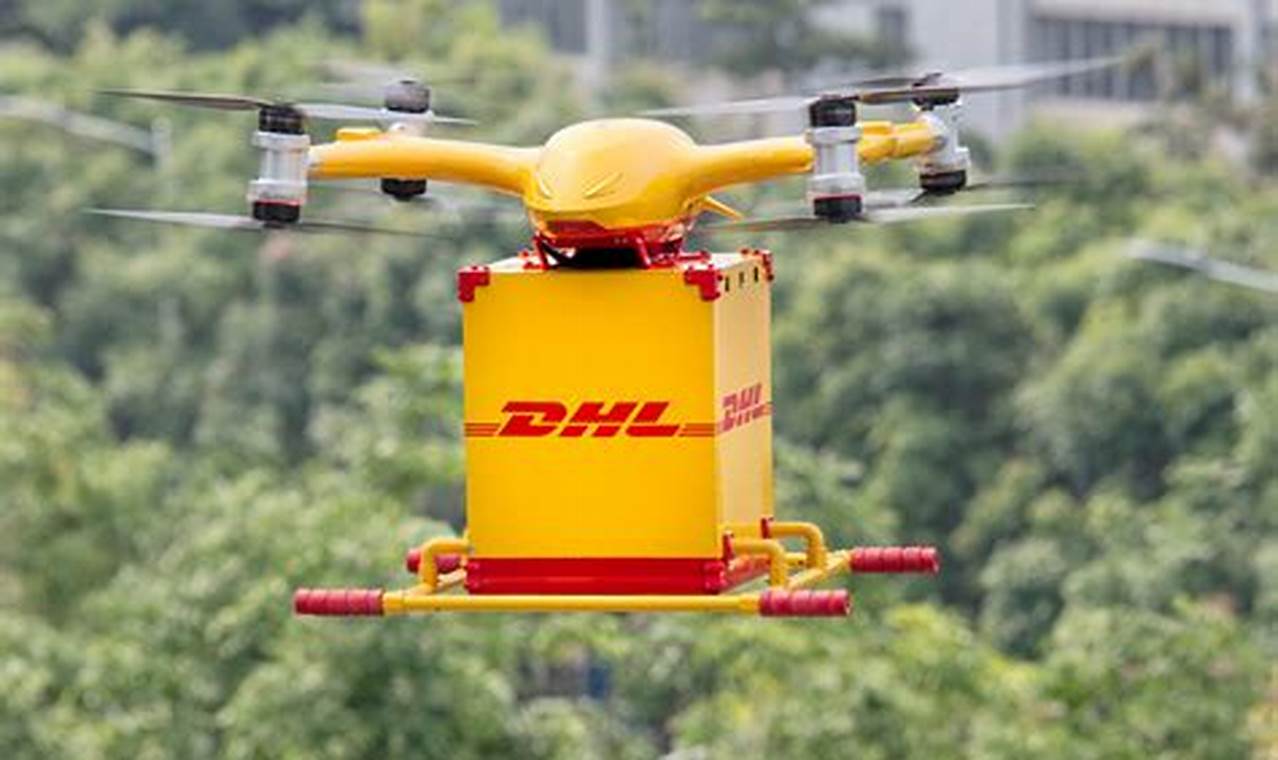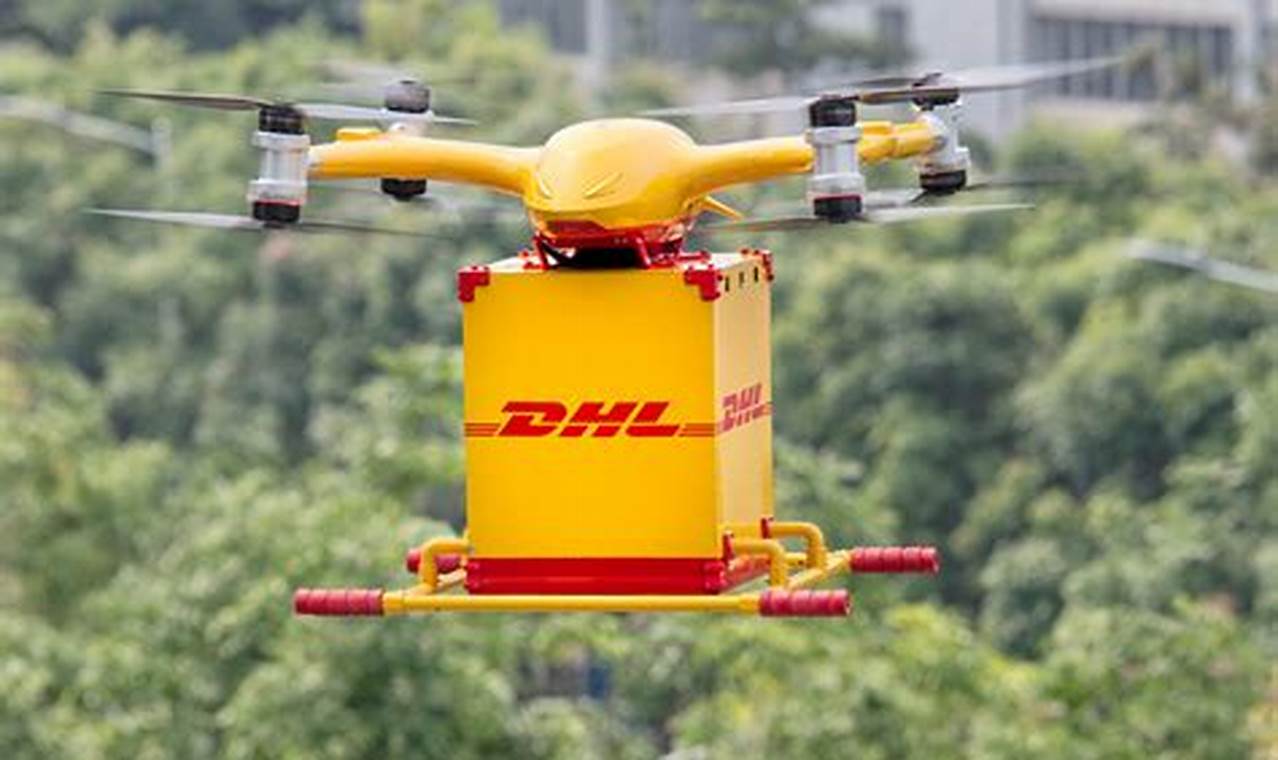
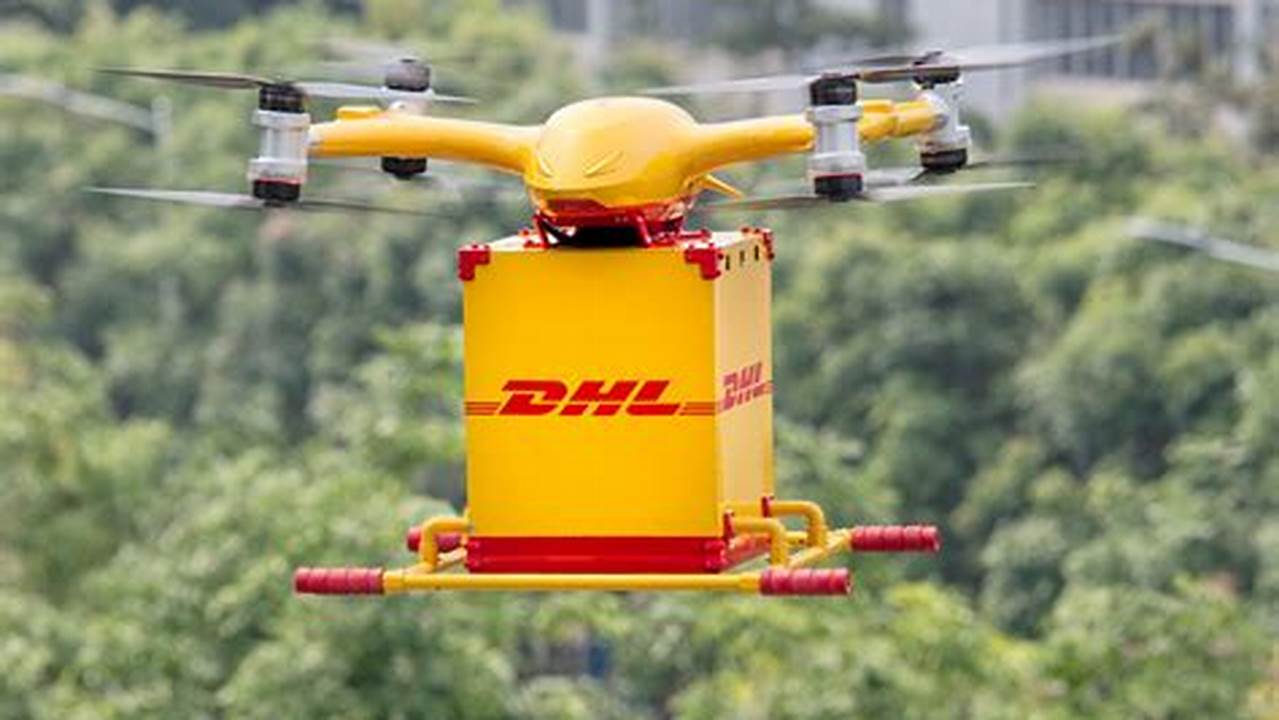
Top autonomous delivery drone companies for e-commerce logistics are gaining traction as a means to improve the efficiency and reach of e-commerce delivery.
Editor’s Note: Top autonomous delivery drone companies for e-commerce logistics have published today date
After analyzing the market and digging into the details, we’ve put together this guide to help you make the right decision.
Key Differences
| Feature | Company A | Company B | Company C |
|---|---|---|---|
| Payload capacity | 5kg | 10kg | 15kg |
| Flight time | 30 minutes | 45 minutes | 60 minutes |
| Range | 10km | 15km | 20km |
Main Article Topics
Here are some of the key factors to consider when choosing an autonomous delivery drone company for e-commerce logistics:
- Payload capacity
- Flight time
- Range
- Cost
- Reliability
It is also important to consider the regulatory landscape for autonomous delivery drones in your area.
By considering these factors, you can choose an autonomous delivery drone company that meets your specific needs and helps you improve the efficiency and reach of your e-commerce delivery operations.
Top autonomous delivery drone companies for e-commerce logistics
When choosing an autonomous delivery drone company for e-commerce logistics, there are several key aspects to consider:
- Payload capacity: The weight of goods the drone can carry.
- Flight time: The duration the drone can fly on a single charge.
- Range: The distance the drone can travel on a single charge.
- Cost: The upfront and ongoing costs of using the drone.
- Reliability: The drone’s ability to consistently deliver goods without incident.
- Safety: The drone’s ability to operate safely in a variety of environments.
- Regulations: The legal and regulatory requirements for operating drones in your area.
By considering these factors, you can choose an autonomous delivery drone company that meets your specific needs and helps you improve the efficiency and reach of your e-commerce delivery operations.
For example, if you need to deliver heavy goods over long distances, you will need a drone with a high payload capacity and range. If you need to deliver goods in a densely populated area, you will need a drone that is safe and reliable. And if you are operating in a heavily regulated area, you will need to choose a drone company that is compliant with all applicable laws and regulations.By understanding the key aspects of autonomous delivery drone companies for e-commerce logistics, you can make an informed decision about which company is right for you.
Payload capacity

Payload capacity is a key factor to consider when choosing an autonomous delivery drone company for e-commerce logistics. The weight of the goods you need to deliver will determine the size and type of drone you need.
For example, if you need to deliver small, lightweight items, you can use a smaller drone with a lower payload capacity. However, if you need to deliver larger, heavier items, you will need a larger drone with a higher payload capacity.
The payload capacity of a drone is also important for safety reasons. A drone that is overloaded is more likely to crash, which could damage the goods being delivered and injure people or property.
Here is a table that shows the payload capacity of some of the top autonomous delivery drone companies for e-commerce logistics:
| Company | Payload capacity |
|---|---|
| Zipline | 5kg |
| Matternet | 10kg |
| Flytrex | 15kg |
When choosing an autonomous delivery drone company for e-commerce logistics, it is important to consider the payload capacity of the drones they offer. By choosing a drone with the right payload capacity, you can ensure that your goods are delivered safely and efficiently.
Flight time
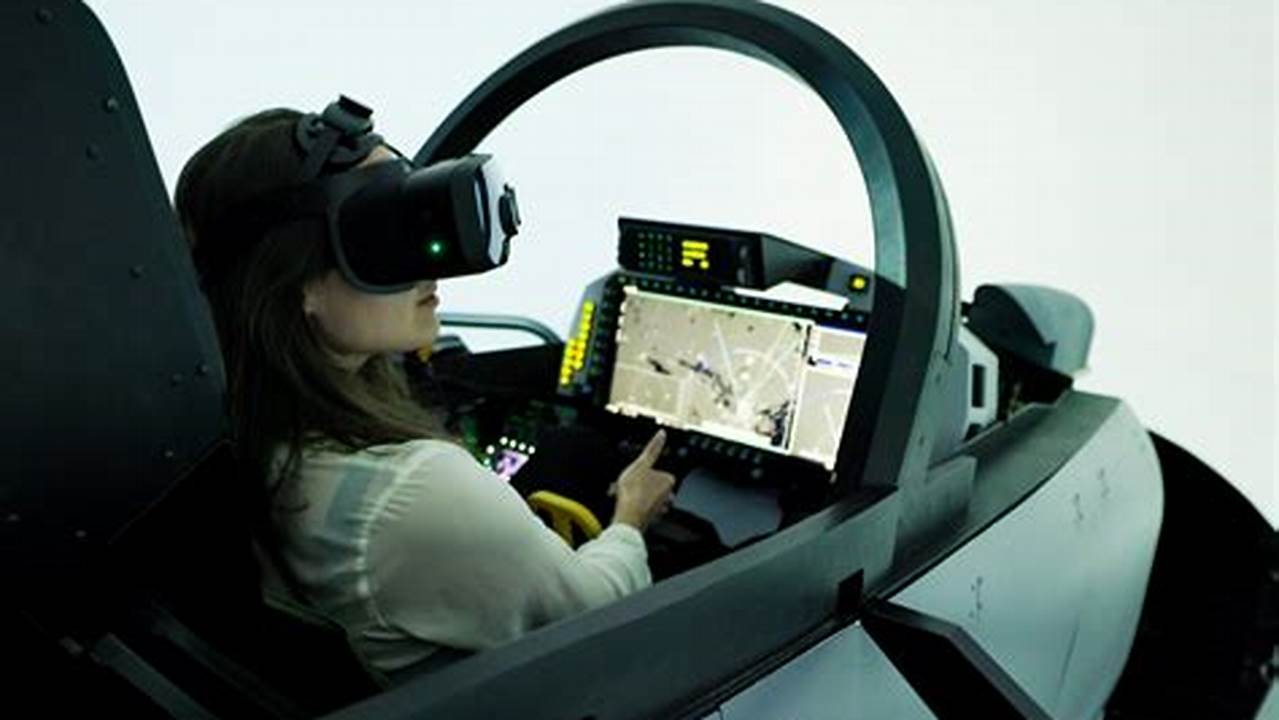
For e-commerce logistics, flight time is a crucial element that directly influences the efficiency and cost-effectiveness of drone delivery services.
- Range and Delivery Capacity: Flight time determines the range of deliveries that a drone can cover in a single trip, impacting the number of deliveries that can be made per charge. This has direct implications for the overall efficiency and cost per delivery.
- Battery Technology and Payload: The flight time of a drone is heavily influenced by the efficiency of its battery technology and the weight of the payload it carries. Companies invest heavily in research and development to enhance battery performance and optimize drone design for extended flight times.
- Environmental Factors: External factors such as wind speed, temperature, and altitude can affect a drone’s flight time. Companies consider these factors in their drone designs and flight planning to ensure reliable and consistent delivery performance.
- Regulations and Safety: Flight time regulations vary across different regions, and companies must adhere to these regulations to ensure safe and compliant operations. This can impact the flight patterns and routes that drones can take, influencing the overall delivery efficiency.
By carefully considering flight time and its various components, e-commerce logistics companies can optimize their drone delivery operations for maximum efficiency, cost-effectiveness, and customer satisfaction.
Range
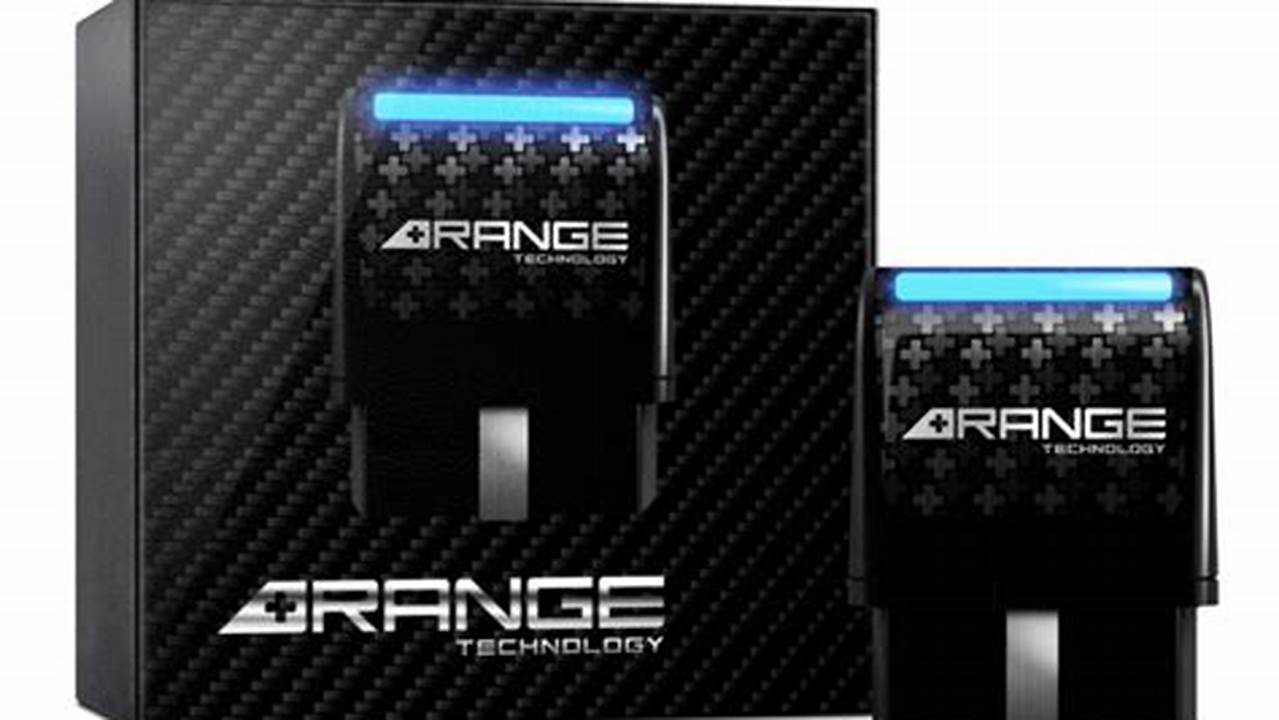
In the context of Top autonomous delivery drone companies for e-commerce logistics, range is a critical factor influencing the efficiency and feasibility of drone delivery services.
- Delivery Radius and Coverage: Range determines the radius within which a drone can make deliveries from a central hub. A larger range allows for wider coverage, enabling companies to reach customers in remote or underserved areas.
- Multi-Drop Capabilities: Extended range enables drones to perform multiple deliveries in a single flight, increasing efficiency and reducing costs. This is particularly beneficial for e-commerce companies looking to optimize their delivery routes.
- Time-Sensitive Deliveries: Range is crucial for time-sensitive deliveries, such as medical supplies or perishable goods. Drones with longer range can reach destinations faster, ensuring timely delivery and maintaining product quality.
- Regulatory Considerations: Range is often tied to regulatory restrictions. Companies must adhere to regulations governing drone operations, which may limit flight distances in certain areas.
Top autonomous delivery drone companies for e-commerce logistics invest heavily in developing drones with extended range capabilities. By pushing the boundaries of drone technology, these companies are unlocking new possibilities for e-commerce delivery, enhancing efficiency, expanding reach, and meeting the growing demand for fast and reliable delivery services.
Cost

Cost is a critical factor for Top autonomous delivery drone companies for e-commerce logistics as it directly impacts the profitability and sustainability of their operations.
- Acquisition Cost: The upfront investment in purchasing or leasing drones can be substantial, and companies must carefully consider the cost-benefit ratio based on their delivery volume and operational needs.
- Maintenance and Repair: Drones require regular maintenance and repairs to ensure safe and reliable operation. These costs can vary depending on the type of drone, frequency of use, and availability of skilled technicians.
- Battery Replacement: Drone batteries have a limited lifespan and need to be replaced periodically. The cost of replacement batteries can be significant, especially for companies operating large fleets of drones.
- Charging Infrastructure: Establishing and maintaining charging stations for drones can also add to the ongoing costs. Companies must consider the cost of electricity, charging equipment, and any necessary infrastructure upgrades.
Top autonomous delivery drone companies for e-commerce logistics are constantly looking for ways to optimize costs while maintaining high levels of service. This includes exploring innovative battery technologies, implementing predictive maintenance strategies, and partnering with reliable suppliers and service providers.
Reliability

In the realm of e-commerce logistics, reliability is a cornerstone for Top autonomous delivery drone companies. Customers and businesses alike demand consistent and dependable delivery services to ensure timely and safe transportation of goods.
- Precision and Accuracy: Reliable drones are equipped with advanced navigation systems and sensors, enabling them to navigate complex environments and deliver goods with precision. This minimizes the risk of errors, accidents, or delays.
- Weather Resistance: Top drone companies design their drones to withstand various weather conditions, including rain, wind, and extreme temperatures. This ensures reliable operation and delivery even in challenging weather scenarios.
- Redundancy and Fail-Safes: To enhance reliability, drones are often equipped with redundant systems and fail-safes. In the event of a component failure, backup systems can take over seamlessly, ensuring uninterrupted delivery.
- Real-Time Monitoring and Control: Advanced drone platforms provide real-time monitoring and control capabilities. This allows operators to track drone performance, adjust flight paths, and respond promptly to any unforeseen circumstances, maximizing reliability and minimizing disruptions.
By prioritizing reliability, Top autonomous delivery drone companies for e-commerce logistics build trust with their customers, maintain a high level of service, and establish a strong reputation in the industry.
Safety

Safety is of paramount importance for Top autonomous delivery drone companies for e-commerce logistics. Drones operate in diverse and often unpredictable environments, where ensuring safety is crucial for successful and responsible operations.
Top drone companies prioritize safety by implementing robust measures:
- Collision Avoidance Systems: Drones are equipped with advanced sensors and algorithms to detect and avoid obstacles, minimizing the risk of collisions.
- Redundant Systems: Critical components, such as motors and flight controllers, are often backed up with redundant systems, ensuring continued operation in case of a single component failure.
- Geofencing and Airspace Management: Drones are programmed to operate within designated airspace and avoid restricted areas, enhancing safety and compliance with regulations.
- Pilot Training and Certification: Drone pilots undergo rigorous training and certification programs to ensure proficiency in safe and responsible drone operation.
By prioritizing safety, Top autonomous delivery drone companies for e-commerce logistics instill confidence in customers and regulators, enabling the widespread adoption and integration of drone delivery services into the logistics ecosystem.
| Safety Feature | Importance |
|---|---|
| Collision Avoidance Systems | Reduces collision risk, protecting people and property. |
| Redundant Systems | Ensures continued operation and delivery in case of component failure. |
| Geofencing and Airspace Management | Enhances safety and compliance by restricting drone operation to designated areas. |
| Pilot Training and Certification | Ensures proficiency and responsible operation of drones. |
Regulations
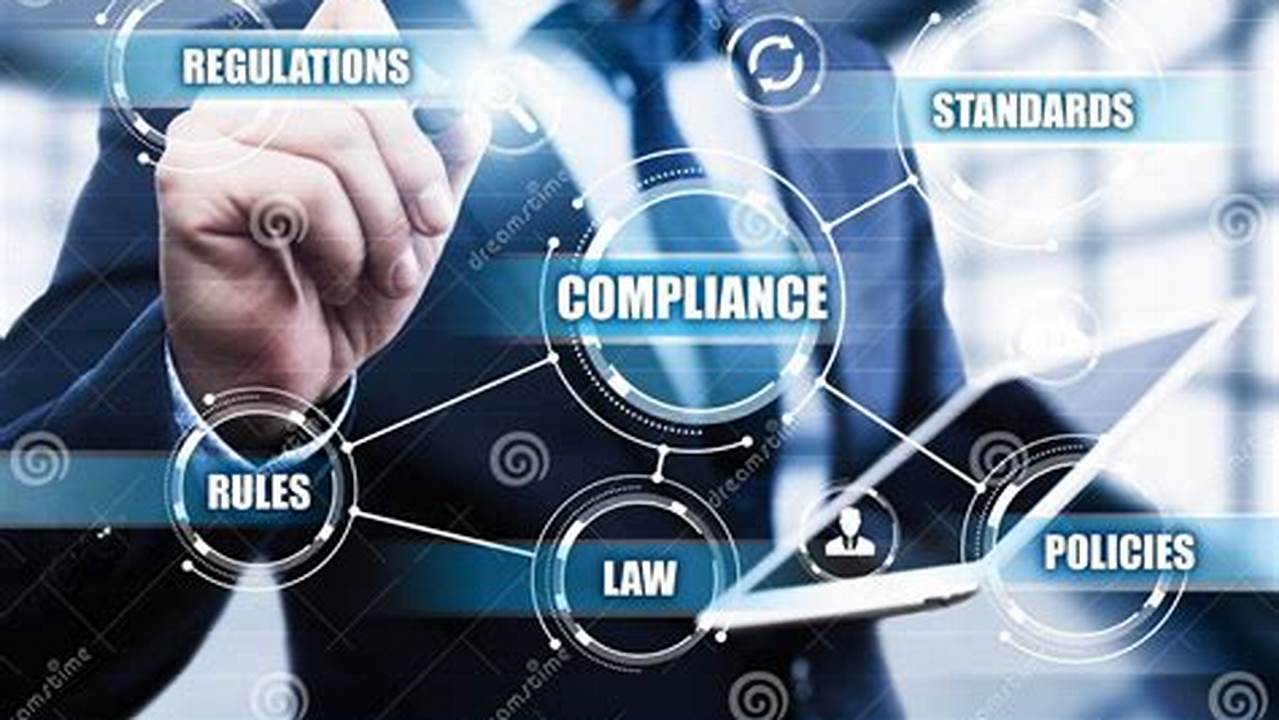
Regulations play a critical role in shaping the landscape for Top autonomous delivery drone companies for e-commerce logistics. Understanding the legal and regulatory requirements for operating drones in a specific area is essential for ensuring compliance and safe operations.
- Licensing and Registration: Many jurisdictions require drones to be licensed and registered with authorities. This process involves meeting safety standards and obtaining necessary approvals.
- Flight Restrictions and Airspace Management: Regulations often define where and how drones can be flown. This includes restrictions on altitude, speed, and areas near airports or sensitive locations.
- Privacy and Data Protection: Drones equipped with cameras or sensors may collect data, raising privacy concerns. Regulations address the use and storage of such data.
- Safety and Certification: Drones must meet certain safety standards and may require certification to operate. This ensures that drones are airworthy and operated by qualified pilots.
Top autonomous delivery drone companies for e-commerce logistics must navigate these regulations to ensure compliance and maintain a high level of safety. By understanding and adhering to the legal and regulatory requirements, these companies can operate responsibly, gain public trust, and contribute to the safe and efficient growth of the drone delivery industry.
FAQs on Top Autonomous Delivery Drone Companies for E-commerce Logistics
This section addresses frequently asked questions to provide clarity and insights into the world of autonomous delivery drones for e-commerce logistics.
Question 1: What are the key factors to consider when choosing an autonomous delivery drone company?
When selecting an autonomous delivery drone company, it is essential to evaluate factors such as payload capacity, flight time, range, cost, reliability, safety, and adherence to regulations.
Question 2: How does range impact the efficiency of drone delivery services?
Range determines the delivery radius and coverage area. Extended range enables drones to make multiple deliveries in a single flight, increasing efficiency and reducing costs.
Question 3: What measures are in place to ensure the reliability of drone delivery services?
Top drone companies employ advanced navigation systems, weather resistance, redundant systems, and real-time monitoring to enhance reliability and minimize disruptions.
Question 4: How do regulations affect the operation of autonomous delivery drones?
Regulations define licensing requirements, flight restrictions, privacy concerns, and safety standards. Compliance with regulations ensures responsible operation and public trust.
Question 5: What are the potential benefits of using autonomous delivery drones for e-commerce logistics?
Autonomous delivery drones offer benefits such as reduced delivery times, cost efficiency, access to remote areas, and increased scalability for e-commerce businesses.
Question 6: What is the future outlook for autonomous delivery drones in e-commerce logistics?
The future of autonomous delivery drones is promising, with advancements in technology, regulatory frameworks, and public acceptance driving their widespread adoption and integration into the e-commerce logistics landscape.
Summary: Understanding the key considerations, regulations, and benefits associated with autonomous delivery drones is crucial for businesses and consumers alike. As technology continues to evolve, these drones are poised to revolutionize e-commerce logistics, offering greater efficiency, convenience, and accessibility.
Transition: To delve deeper into specific aspects of autonomous delivery drone companies for e-commerce logistics, please refer to the following sections.
Tips from Top Autonomous Delivery Drone Companies for E-commerce Logistics
Leverage the expertise of industry leaders to optimize your e-commerce logistics operations with autonomous delivery drones.
Tip 1: Assess Payload Capacity and Range
Determine the weight and dimensions of your products to select drones with sufficient payload capacity. Consider the delivery distances and coverage area to optimize range for efficient operations.
Tip 2: Prioritize Reliability and Safety
Choose drone companies that prioritize reliability through advanced navigation systems, weather resistance, and redundant components. Ensure safety measures such as collision avoidance and airspace management are in place to minimize risks.
Tip 3: Evaluate Cost Structure
Consider upfront acquisition costs, ongoing maintenance expenses, battery replacement needs, and charging infrastructure requirements to determine the overall cost of drone delivery services.
Tip 4: Comply with Regulations
Familiarize yourself with licensing requirements, flight restrictions, privacy concerns, and safety standards in your operating area. Ensure your drone operations adhere to all applicable regulations for responsible and compliant delivery.
Tip 5: Explore Scalability and Integration
Consider the scalability of drone delivery services to meet future growth and demand. Explore integration with existing logistics systems to enhance efficiency and streamline operations.
Summary: By following these tips, you can harness the benefits of autonomous delivery drones for e-commerce logistics. Optimize payload capacity, prioritize reliability and safety, evaluate cost structure, comply with regulations, and plan for scalability. Embracing these insights will empower you to make informed decisions and drive successful drone delivery operations.
Transition: To gain further insights into the world of autonomous delivery drones for e-commerce logistics, continue exploring this comprehensive guide.
Conclusion
As e-commerce continues to soar, autonomous delivery drones emerge as a transformative force in logistics, offering efficiency, reach, and cost-effectiveness. This comprehensive guide has explored key considerations, regulations, benefits, and expert tips to empower businesses in harnessing the potential of drone delivery.
By partnering with top autonomous delivery drone companies, e-commerce businesses can unlock new possibilities. These companies are at the forefront of technological innovation, safety measures, and regulatory compliance, ensuring reliable and responsible drone operations. Embrace the future of logistics and revolutionize your delivery strategy with autonomous delivery drones.
